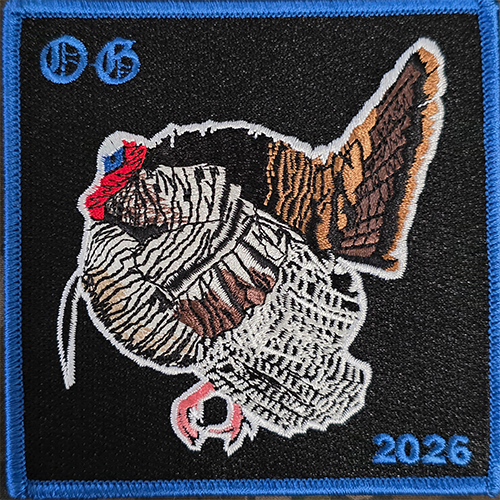        |
What to do when Mr. Tom is playing quiet mouse?Started by aclawrence, February 03, 2020, 08:48:27 AM Previous topic - Next topic
User actions
|
        |
What to do when Mr. Tom is playing quiet mouse?Started by aclawrence, February 03, 2020, 08:48:27 AM Previous topic - Next topic
User actions
|